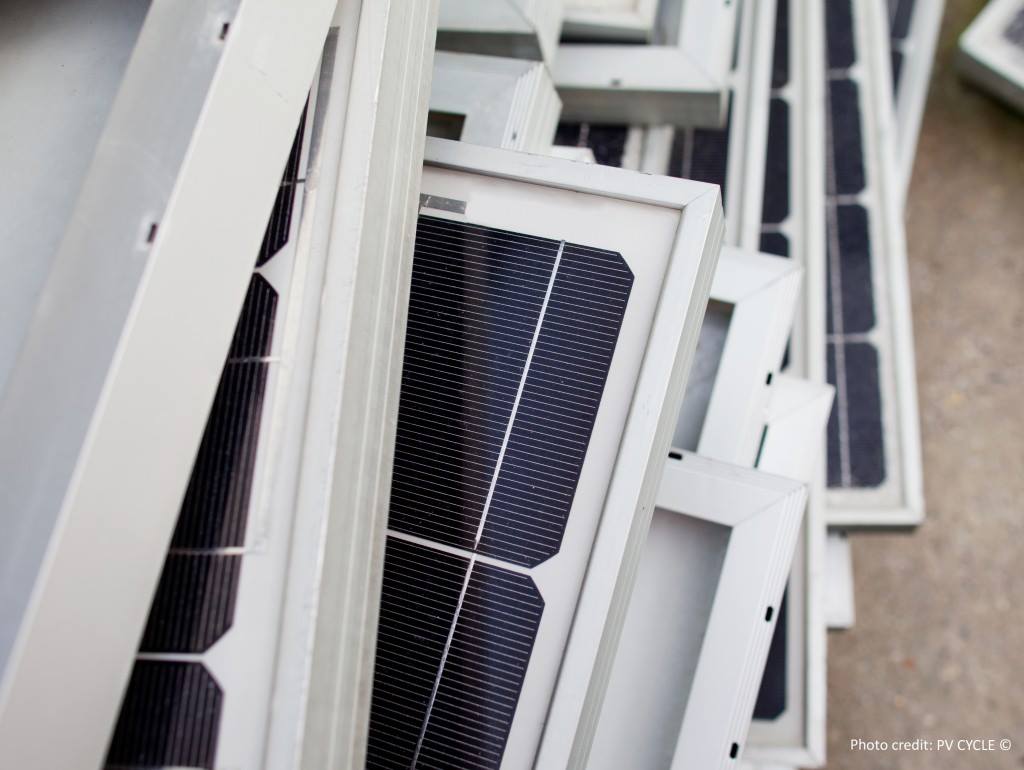From pv magazine India
A new study on end-of-life (EOL) solar PV waste management in India makes PV manufacturers accountable for recycling and recovering the materials at the end-of-life (EOL) stage.
The study proposes an “extended producer responsibility” (EPR) regulatory framework for efficient management of India’s EOL solar PV modules. The EPR concept, as practiced in Europe, makes producers responsible for developing an efficient takeback system.
The study was done by Suresh Jain and Tanya Sharma, both from the Indian Institute of Technology Tirupati. They worked with Anil Kumar Gupta from the National Institute of Disaster Management. They said that around 2.95 billion tons of solar power material (including PVs and balance-of-systems) is expected to enter India’s electronic-waste stream by 2047.
At present, solar power waste management is a neglected sector in India and follows an unregularized, unscientific and informal approach. Solar waste is currently regarded as general electronic waste under the Ministry of Environment, Forest and Climate Change. There is no mention of solar PV as a potential waste stream in the e-waste rules. And the presence of an informal and illegal sector to manage e-waste in India hampers circularity and requires regulation. There is therefore significant scope for the development of a policy approach to manage this emerging waste stream.
The proposed framework provides for a multi-sector and multi-stakeholder approach for solar PV waste management by advocating the constitution of two committees: a technical and regulatory committee and an executive management committee. The technical and regulatory committee would be responsible for developing policies to regulate the EOL management of solar PV waste.
The management committee would work under the technical and regulatory committee on the execution of EPR. It would be responsible for managing solar PV panels that reach the EOL stage. It would also be accountable for repurchasing solar PV modules and developing transport systems between end-users and EOL management units.
This content is protected by copyright and may not be reused. If you want to cooperate with us and would like to reuse some of our content, please contact: editors@pv-magazine.com.




By submitting this form you agree to pv magazine using your data for the purposes of publishing your comment.
Your personal data will only be disclosed or otherwise transmitted to third parties for the purposes of spam filtering or if this is necessary for technical maintenance of the website. Any other transfer to third parties will not take place unless this is justified on the basis of applicable data protection regulations or if pv magazine is legally obliged to do so.
You may revoke this consent at any time with effect for the future, in which case your personal data will be deleted immediately. Otherwise, your data will be deleted if pv magazine has processed your request or the purpose of data storage is fulfilled.
Further information on data privacy can be found in our Data Protection Policy.